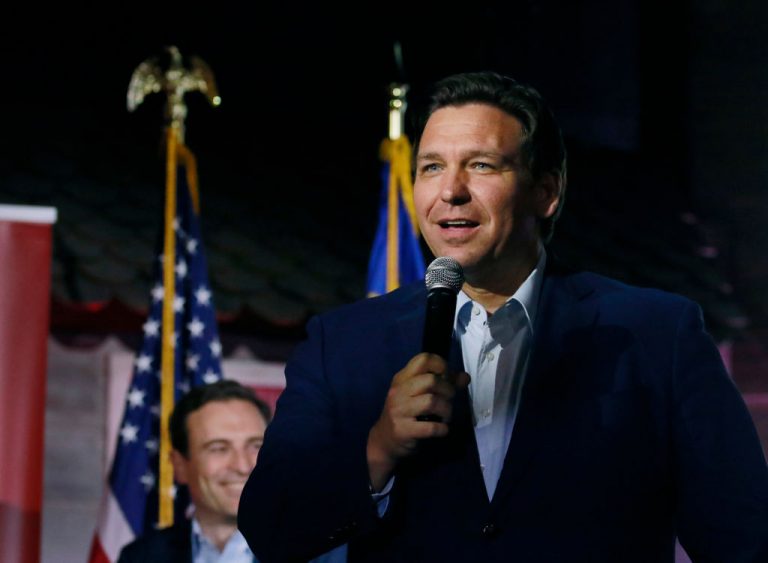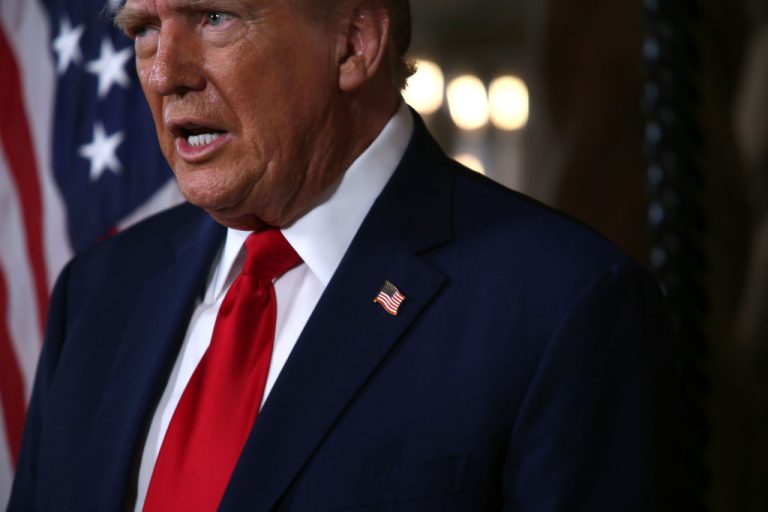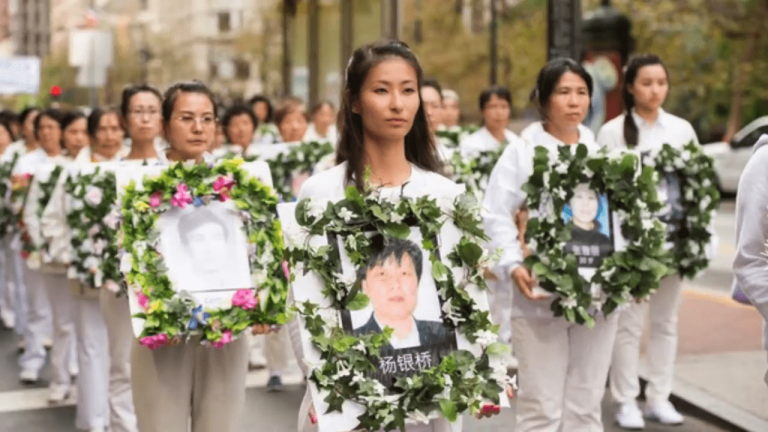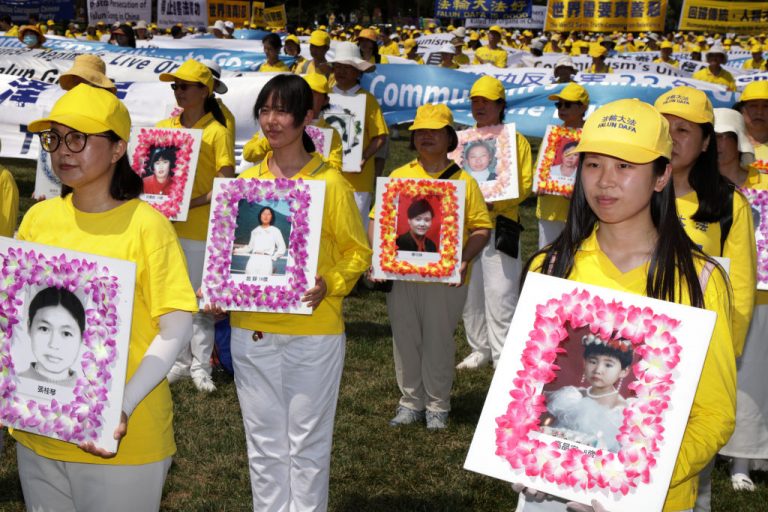On April 26, Florida Gov. Ron DeSantis signed a bill that would create a police force dedicated to pursuing voter fraud and other election crimes, establishing the nation’s first “Office of Election Crimes and Security.”
Legislators set aside more than $2.6 million and created 25 positions for the two agencies.
The new law comes after the Republican governor made voting legislation a focus this year, pushing a Republican-controlled statehouse to create the surveillance unit as some states reevaluate their own election systems in the wake of the 2020 election.
While most mainstream media news reports insist claims of voter fraud in the 2020 election are “unsubstantiated,” “false,” “baseless,” “unfounded,” or outright lies that have been “debunked,” other reports are surfacing with evidence of widespread fraud through ballot harvesting, the process of third-party volunteers collecting ballots and delivering them to local election offices or ballot drop-off boxes.
RELATED READING:
- Florida Investigating 2020 Presidential Election Allegations of Votes Cast by Ineligible Felons
- Florida Bill Banning Big Tech from Censoring Politicians Approved in House and Senate
- Ron DeSantis Outlaws Vaccine Passports With Executive Order
DeSantis, who is running for reelection in Florida, has both praised the last election as smooth, while also suggesting that more rules were needed to deter fraud, underscoring Trump’s lingering influence on Republican policymaking.
Success
You are now signed up for our newsletter
Success
Check your email to complete sign up
While some critics have deemed the law “politically motivated and unnecessary,” arguing that local prosecutors can handle election crimes, others have rallied in support of DeSantis’ bill, claiming that voter fraud should be a matter taken more seriously by lawmakers.
During a bill signing ceremony at a sports bar in Spring Hill, Florida on Monday, April 25, DeSantis justified the need for the new law enforcement unit and suggested that existing law enforcement may not be equipped or willing to thoroughly investigate fraud cases.
“Some of them may not care as much about the election stuff. I think it’s been mixed at how those reactions are going to be. So we just want to make sure whatever laws are on the books, that those laws are enforced,” he said.
DeSantis also instilled new confidence amongst his group of supporters in the Spring Hill bar, “I don’t think there’s any other place in the country that you should have more confidence that your vote counts than in the state of Florida,” DeSantis, who is widely considered to be a potential presidential candidate for the 2024 election said.
Bill 90
On May 6, 2021, DeSantis signed into law Senate Bill 90, which aimed to strengthen voter ID rules for mail-in ballots, while also prohibiting the mass mailing of unsolicited ballots. The bill also banned ballot harvesting, and prohibited the use of private donations — dubbed by DeSantis as “Zuckerbucks” — from being used to administer elections in the state.
While SB90 effectively banned ballot harvesting in the state of Florida, DeSantis said there were still concerns that the penalties were not “severe enough,” and that a misdemeanor wasn’t sufficient in deterring some people from trying to find loopholes in the system.
“In this bill we actually increase penalties for ballot harvesting,” he said on April 25, noting that “if you ballot harvest in the state of Florida, this is now a third-degree felony that you can be hit with.”
While most people report suspected cases of voter fraud directly to their local Supervisor of Elections Office, DeSantis noted that supervisors and staff in these offices “aren’t investigators or law enforcement,” and that a specific task force dedicated solely to investigating voter fraud is of vital importance.
Far reaching implications
Nationwide, Republicans have stressed the need to restore public confidence in elections, passing several voting laws in the past two years aimed at placing new rules against mail-in ballots and early voting methods that were popular in the 2020 election.
In addition to the task unit dedicated to reviewing fraud allegations and conducting preliminary investigations, the governor will also be required to appoint a group of special officers from the Florida Department of Law Enforcement tasked with pursuing election law violators.
The law also mandates that election supervisors screen voter rolls on a yearly basis to look for voters who may have moved from one state to another, or are no longer eligible. The Florida agency responsible for issuing driver’s licenses would also be required to notify state elections officials on a monthly basis if they issued any licenses to non-citizens.
Democrats say bill unnecessary
Meanwhile, Florida’s state Democrats, which account for the minority party in the state Legislature, have criticized the new bill as a way for DeSantis to appeal to Republican voters who believe the 2020 election results were fraudulent.
“DeSantis’ so-called election reform legislation is a continued attack by the Republican Party to generate public distrust in the integrity of our elections. The bill is unnecessary and a waste of taxpayer funds,” said Rep. Tracie Davis (D-Jacksonville).
Others called the bill unneeded. “Even the governor has said that Florida’s 2020 election was secure. Yet this new election crime task force has been developed to solve a problem that does not exist,” said Rep. Yvonne Hayes Hinson (D-Gainesville).
“Its implementation will put up additional barriers to voting and target communities of color. This bullying tactic will intimidate and immobilize workers, families, and everyday people,” Hayes Hinson said in a statement.













